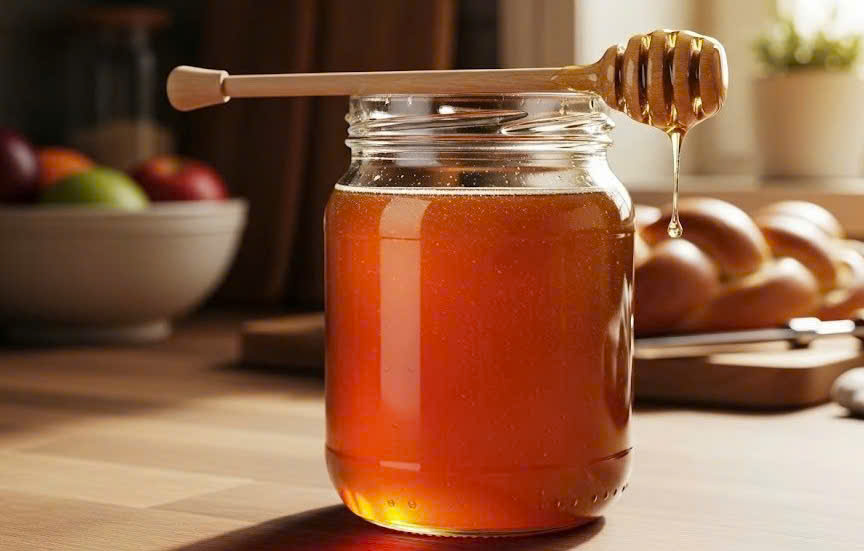High blood sugar, or hyperglycemia, occurs when glucose levels in the blood exceed the normal range. It's a common issue for individuals with pre-diabetes or diabetes. If left unmanaged, it can lead to complications affecting the heart, kidneys, eyes, and nervous system.
Doctor Dao Thi Yen Thuy, Head of the Nutrition and Dietetics Department at Tam Anh General Hospital in TP HCM, explains that honey primarily contains fructose and glucose, providing quick energy. It's also rich in certain vitamins, minerals, and antioxidants. However, honey is still a simple sugar and can cause rapid increases in blood sugar levels if consumed excessively.
Individuals with high blood sugar can consume honey, but in moderation. Limit intake to 1-2 teaspoons (approximately 10 g) per serving and avoid daily consumption. Dilute honey with warm water and consume it after meals to slow down sugar absorption. Avoid consuming pure honey directly, especially in the morning on an empty stomach, as this can cause a sudden spike in blood sugar.
 |
Consume honey in moderation to avoid sudden blood sugar spikes. Photo: Trong Nghia |
Consume honey in moderation to avoid sudden blood sugar spikes. Photo: Trong Nghia
When consumed in the right amounts, honey offers some benefits for people with high blood sugar. It has a glycemic index (GI) of around 50, lower than white sugar (GI 80), resulting in a slower rise in blood sugar. Consuming 5-10 g of honey daily, equivalent to 1-2 small teaspoons, may improve insulin response and increase C-peptide levels (an indicator of higher insulin production). This can contribute to lower levels of LDL cholesterol and triglycerides. Honey is also rich in polyphenols, potent antioxidants that can help limit free radical damage to the heart, brain, and kidneys. These antioxidants also protect pancreatic beta cells, aiding in the management of diabetes complications.
If individuals with diabetes want to include honey in their diet, they should combine it with oatmeal, unsweetened yogurt, or herbal tea to reduce the rate of sugar absorption. Limit consumption of honey with refined starches, pastries, or bottled fruit juices. Choose less sweet fruits, vegetables, and whole grains for added fiber, vitamins, and minerals. Combine this with regular exercise, sufficient sleep, and stress management for better blood sugar control.
Doctor Yen Thuy recommends regular blood sugar monitoring and consultations with endocrinologists and nutritionists for personalized dietary plans and safe blood sugar management. She also suggests incorporating natural extracts like GDL-5 from South American sugarcane, which contains natural policosanol, to help regulate blood lipids and prevent cardiovascular disease in people with diabetes.
Trong Nghia
| Readers can submit nutrition-related questions here for doctor's answers. |












